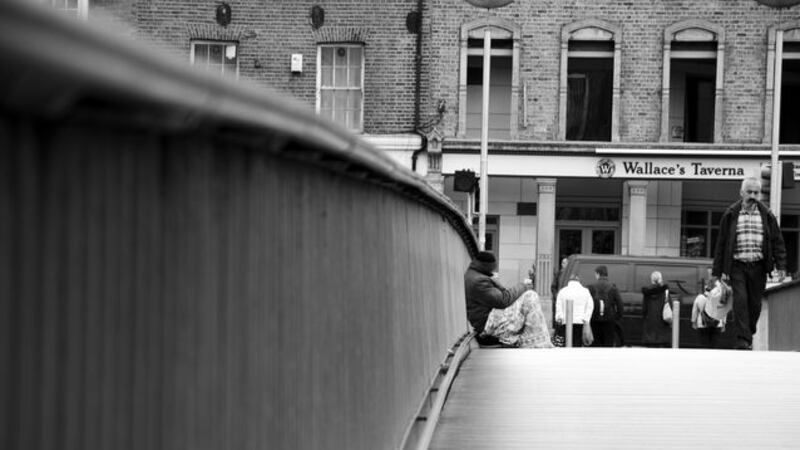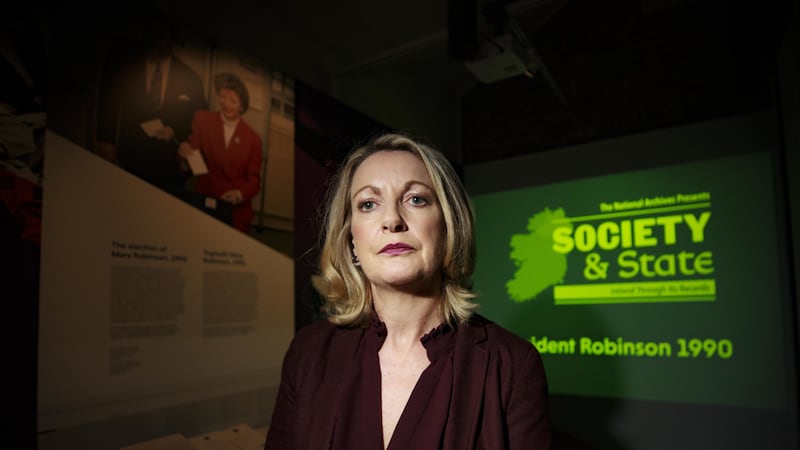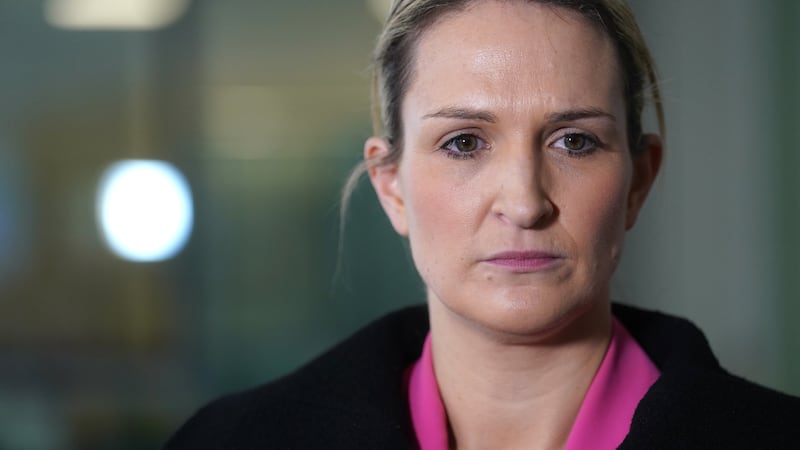UP to 230 extra beds are to be offered to rough sleepers in Dublin this winter, the Republic's government has said.
Amid record numbers of people being forced to bed down in doorways, shop fronts and in streets and parks, Housing, Planning and Local Government Minister Simon Coveney said three new city centre properties would be provided between November and January.
The increase will mean more than 1,800 beds for emergency accommodation are available in the capital.
The four million euro investment is one of the key planks in the government's update to its action plan on housing and homelessness, which also includes more than 320 so-called rapid-build homes either being built or ready to move into by the end of this year.
Projects are already underway in Ballyfermot, Drimnagh, Belcamp and Finglas, while sites for 200 more have been identified for construction next year and planners have been tasked with finding sites for another 500 to be built next year.
A record 168 people were counted sleeping outdoors on Tuesday morning, and another 60 people on the floor of Merchant's Quay night cafe.
In response Mr Coveney said 300 rough sleepers will get long-term accommodation combined with help for mental health or addiction issues by the end of next year.
"We are running to stand still in some ways at the moment," the minister said.
Homeless children will get free school transport from mid-October but Children's Minister Katherine Zappone was forced to defend plans to give their families free travel passes for day trips.
"Clearly what we're trying to do is make it easier to cope with a very difficult circumstance and several children and young people we have spoken to have said that would be a great thing for them," she said.
The number of social houses being built is to increase from 74 last year to more than 1,500 this year and another 2,300 next year.
"That on top of a more aggressive acquisition programme, getting voids back into use, we are going to see a dramatic increase in the availability of social housing," Mr Coveney said.
The minister also announced the Housing Assistance Programme - welfare for secure rented accommodation for homeless people - would be expanded in Dublin to create 1,750 tenancies by the end of next year.
Mr Coveney said close to 600 homeless adults or families will have been housed under the scheme this year and 1,200 next year.
The plan also revealed the Housing Agency has successfully bid on 49 properties owned by banks or investment companies to use them for social housing.
Elsewhere, Tusla is to be asked to support about 40 young people who leave state care each year as they begin to search for accommodation.
Other commitments pledged by the Government in July were also repeated including only allowing limited use of hotels and bed and breakfasts for emergency homeless accommodation by the middle of next year.
Campaigner Fr Peter McVerry said: "Until we see the monthly figures of the homeless reducing I will reserve my applause."
The charity chief also hit out at continued plans to develop dormitory-style accommodation for rough sleepers, which he said many refuse to use for fear of being robbed or targeted by drug dealers.
Focus Ireland's director of advocacy Mike Allen said: "The minister has repeatedly referred to tackling homelessness being like trying to empty the bath with the taps full on but there is very little in this plan to turn off the taps now."


